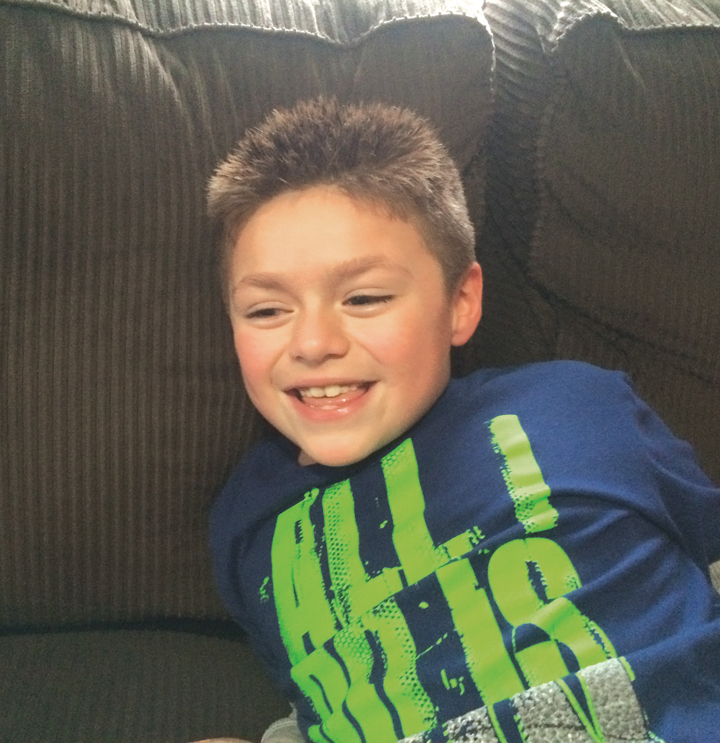Facing challenges in social situations, engaging in repetitive behaviors and living with a language delay — these are some of the difficulties individuals with autism face, according to Dr. Mary Wells, professor of Psychology at Sinclair Community College.
Although, according to Nursing major Amber Esquivel-Wright, raising an autistic son has its own daily challenges as well.
“There is no rhyme or reason for kids who suffer from autism,” she said. “It’s a challenge. I think he really teaches me more than I would have ever been taught in a class, he’s really opened my eyes to his thinking. [When living with] people with autism, you really have to get on their level.”
Esquivel-Wright said autistic individuals are very smart, but have a hard time with social interactions.
“He can talk to you, he is high-functioning … Looking at him, he is very normal looking, there are no physical signs of anything wrong with him,” she said. “But the moment he starts to talk to you, you realize that there is something wrong, because he cannot coordinate a conversation back and forth.”
She spends a lot of her time at doctor’s appointments with her son, something she feels other s don’t understand.
“Most of my time is involved with him,” she said. “We go to therapy at Children’s every week, and doctor appointments every week. We basically live at Children’s, and that’s what people don’t understand — it really takes your whole life … To see where he was two years ago and to see him today is just astounding, but he’s got a long road ahead of him.”
Esquivel-Wright feels unless people are personally touched by autism in some way, it is an easy issue to overlook. She didn’t become an advocate for autism awareness until February 2012, when her son was diagnosed.
“Being in healthcare, you hear about it, you hear these terms, you hear different causes — but until you’re really affected by it, you really don’t know,” she said. “You don’t really do the research on your own.”
According to autismspeaks.org, one in 68 children are diagnosed with autism. Wells said there could be various reasons behind that number, which could be environmental factors, or more available clinicians with the ability to detect the disorder.
“People need to start asking why, what is it? Why are we having so many kids affected by it?” Esquivel-Wright said. “There’s going to be more kids this year diagnosed with autism than there will be cancer or aids, and that’s scary.”
Esquivel-Wright hopes to start a club on campus for individuals affected by autism. In one of her classes alone, there are three other individuals who live with a family member diagnosed with autism. She hopes to raise awareness and understanding for the disorder throughout the community.
“People need to step back and understand that just because somebody may seem absolutely fine, doesn’t mean they are,” she said. “The awareness isn’t big here, the funding isn’t big here, the people to help you isn’t big here, and we’re trying to shine a light in Dayton because autism doesn’t pick and choose who it wants to affect.”
Next month, Autism Speaks will host a walk advocating autism awareness. It will take place on May 17 at Coney Island. Esquivel-Wright said after the walk is completed, they open up the park for attendees to ride the roller coasters. For more information, visit walknowforautismspeaks.org.
“I wouldn’t change my kid for the life of me,” she said. “Because he has made me see things so differently, and I think that’s the thing — let them touch your heart, let them show you what they see through their eyes, because it’s completely different.”


